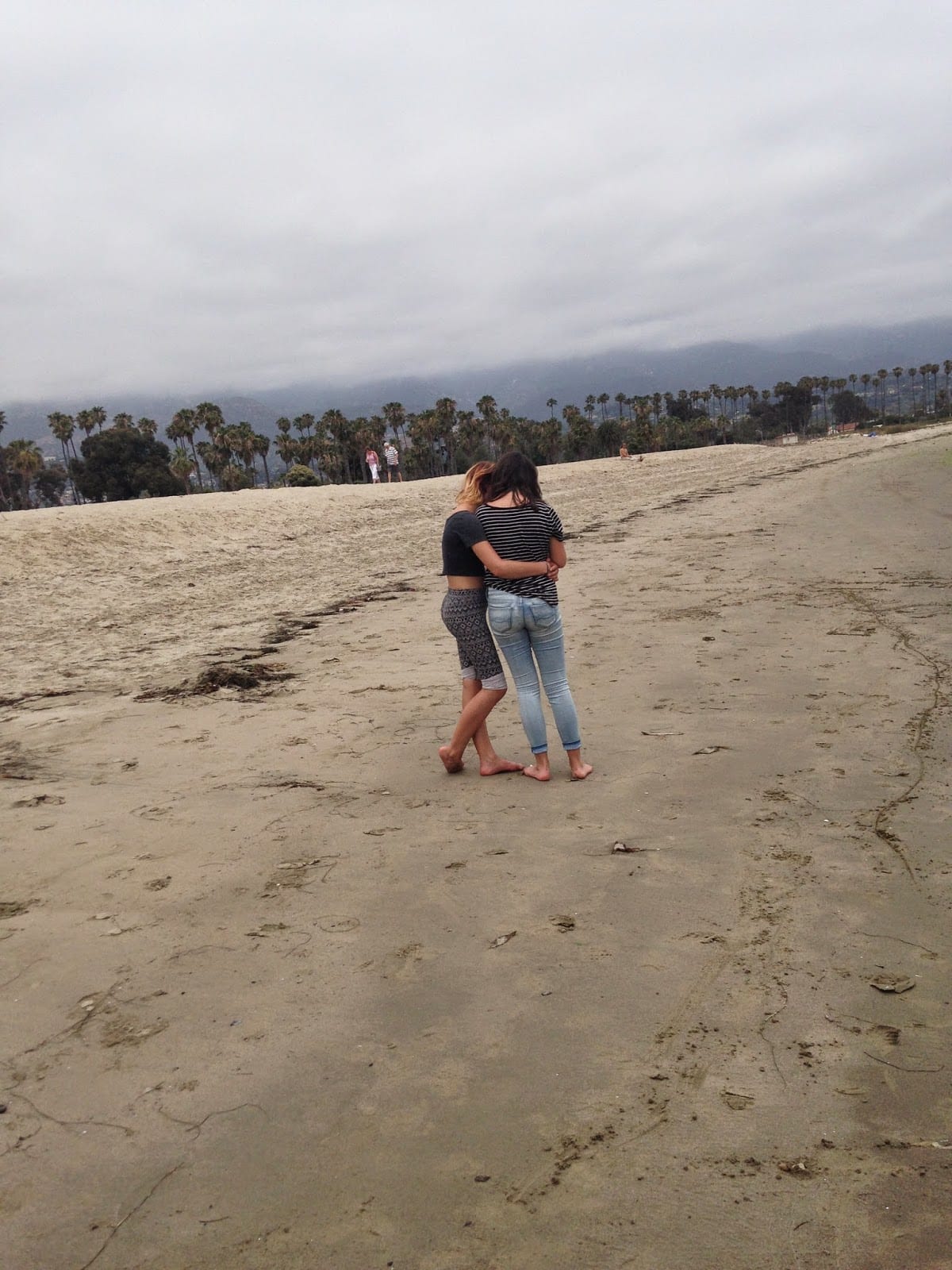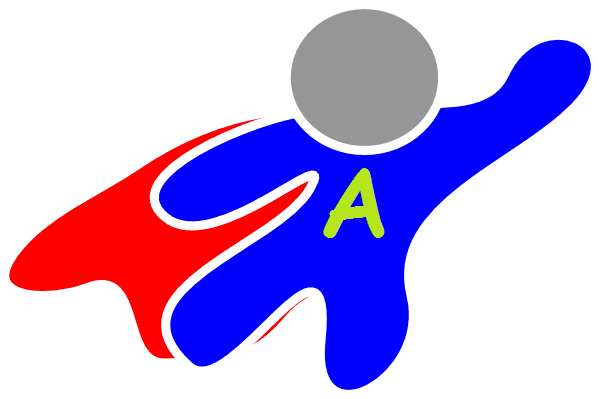From time to time, at least once a year, I find myself parenting with grinding teeth. Generally, it takes me a week or so to recognize it for what it is. I begin with irritability. Things that haven’t bothered me for months or years suddenly piss me off at every turn and a cranky inner monologue starts up. The next step is passive-aggressive fantasies. I am not, by nature, someone who leaves ‘signs’ for other people. I am generally very straightforward and can ask for what I need or want, so when I start imagining scenarios where I follow the Mrs. Piggle-Wiggle school of parenting, I know something is up.* I am really in trouble if I start acting on those fantasies.
Fortunately, I am a ruminator. Or, unfortunately. Once I notice that something is out of whack, I do my best to inquire about it. It isn’t often that those inquiries are friendly or compassionate (they generally go something like this, “Dude! What the f*#k is up? Why is this driving you so mad?”), but they do at least open the door to some sort of curiosity, which is a good thing. It usually takes a few days of observing myself and my emotional responses to get at the heart of what is bugging me and more often than not, it is some sort of judgment of my lack of good parenting skills that is throwing me off. Some generalized notion that I am doing this all wrong and screwing up my kids for life (!!!) that is pushing all of my buttons and leaving me feeling like a burn victim who bristles at every touch. Within 24 hours of that realization, I can relax enough to realize that I’ve been walking through my days with a clenched jaw and balled-up fists for a while and it’s pretty uncomfortable. Not as uncomfortable as the recognition that I think I’m a pretty shitty parent, but unpleasant nonetheless.
I had a conversation with Bubba last night about some of the things that are making me crazy this time and was struck by how little he internalizes these things. He admitted to being bugged by many of the same things that our girls do (or don’t do, as it were), and then he said, “But I don’t read anything bigger into it. I don’t think of it as my fault or your fault or expect that it means that they’ll grow up to be horrible/selfish/fragile people. It just pisses me off.”
I wish. And I wonder if it is a function of my own expectations of myself or a function of our cultural assignment of blame/credit to the mother of a child that I do internalize those things. That while sometimes I can go through my days feeling confident and peaceful about my parenting skills, at other times I am absolutely certain that if the world only knew, they would condemn my abilities as a parent at once.
In any case, I am within sight of the daylight at the end of this tunnel. Now that I have identified the awful things I have been saying to myself behind the scenes, I can begin to turn them over, feel their edges, contain them in one place and see them for what they are. I can dissect them and try to understand where they come from and eventually set them aside and come back to myself. I try not to think about how many more of these hidden condemnations exist within me, although I know how to confront them, because I suspect I would feel overwhelmed if I knew. As a young parent, I wrestled with many of them and always assumed that there would come a day when I had tossed each and every one of them into the abyss. I never imagined how many would come back around with the same form, triggered by different things. While I embrace the knowledge that parenting is a forever-job, I am less enthusiastic about the aspects of myself it forces me to contend with over and over again. I do think I’m getting better at it, though. There’s something to be said for practice…
*For those of you who haven’t read the Mrs. Piggle-Wiggle books, I’ll try to explain. She was the neighborhood child development expert/grandmother figure to whom all of the parents turned when their children wouldn’t eat/clean their bedrooms/do their homework/go to sleep on time. Her solutions involved what a lot of folks would call ‘natural consequences,’ but are what I think of as very passive-aggressive tactics such as leaving a child’s room to become so messy that they become trapped inside with all manner of stinky clothes and dirty dishes and eventually come to physical harm (albeit minor) after tripping on a toy they forgot was on the floor. They then magically see the wisdom of their parents’ rules and start cleaning up after themselves.





